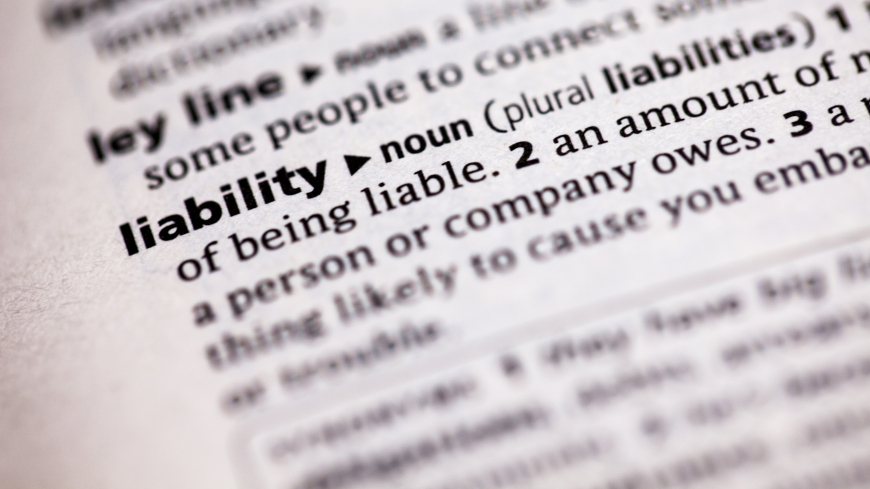Representatives of law enforcement agencies in Georgia participated to the training on corporate criminal liability, organised in a hybrid format on 2-3 June 2022 in co-operation with the Office of the Prosecutor General of Georgia.
This event is a part of series of activities designed to support Georgian national authorities in improving their frameworks and operational capacities for the investigation, prosecution and adjudication of corruption, money laundering and terrorist financing and other economic crime cases.
During the training session, 25 experienced investigators and prosecutors from the Prosecutor’s Office, the State Security Service, and the Investigation Service of the Ministry of Finance, discussed the challenges they face in imposing criminal liability on legal entities.
Particular attention was paid to exchanging on the mechanisms of establishing effective sanctions and possible ways of finding alternative solutions. The presentations of the training were enriched by case studies that led to lively exchanges on criminal liability for economic crimes.
This training was the third activity organised under the Partnership for Good Governance II 2019-2022 on the topic for the same beneficiary institutions. As a result, over 80 practitioners are better trained on the how-to of corporate criminal liability and the imposing of proportionate and dissuasive sanctions with respect to democracy and the rule of law.
The activity was organised in the framework of the project “Enhancing the systems of prevention and combating corruption, money laundering and terrorist financing in Georgia”, funded by the European Union and the Council of Europe and implemented by the Council of Europe in their Partnership for Good Governance II 2019-2022.





